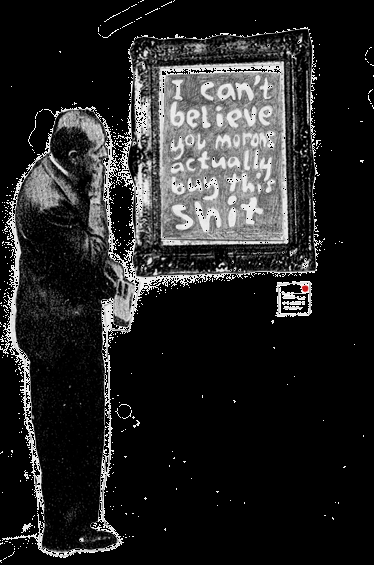Abuses were hurled at this man for every second, when he wished things would change. Those who scored better their peers when they were using expletives were just meandering lunatics. Their abuses would meander around their mothers and sisters. They would always be centred on Private Parts™.The abuser is not interested in the history of slang. His passionate use of abuses comes from a deep contempt – which pampers his little (male) ego. He, certainly, is an impatient man, who cannot stand the intellectual curiosities of his peers.
So he decides to read activist literature for three years. His sobriety levels improved and finally rested somewhere above his own existence. Most of the time, his stoned platitudes would read like ‘what-if scenarios’. No, this is not meant to be confused with hypotheses – which he detests. His persistence with the use of ‘what-if’ is forceful – to the extant that he would do anything to prove his premises to be true. He deliberately avoids a tautology, because there are no conclusions to be reached. This is just his observation and then analysis, and then a decision. This is his only reason for choosing to abuse.
Abuses generally do not follow a structure of an argument or syllogism. It sounds more like a command: “Open the door!”
However, abuses/expletives are based on reasoning. (I know, I would make it more problematic, if I rationalise. Saying this, my folk might launch a civil action against me). But does thinking (which can be loosely connected reasoning, if I am permitted) lead to abuses? It may lead to a very intelligent retort or some sarcasm. So then, why this use of language?
After much deliberation, I felt it was the slackness of thoughts. We essentially are not thinking creatures. Abuses are mere grunts. We are “lazy” like tigers and bears. Something drastic must have happened to us which makes the “missing link”. I almost feel that I am going to come back to the same question again. Now, it is more like: Why do we come up with intelligent retorts?
My friends say that a good retort without being abusive is an art. Someone said it was progressive.
But then (by the means of this post), I ask, don’t the abuses reflect social hierarchy, the conditions of the society and also the peripheries of a civil society from where these expletives arise?
Coming back to our man, who abused me just now (feeling ignored in this discourse). He says that these abuses/expletives use some kind of syllogism which is completely dependant on the situation which gives rise to these expressions. I was surprised that even he attributes “laziness” with the use of abuses. He thinks most men have carry a little dictionary of slang with them and more the slackness (could be also anger!) to find exotic retorts, more crassness in their abuses.
In his own words: “If I am too lazy (or angry) or not in that intellectual plane to come up with a smart one, I would pick out the first word from my dictionary of expletives and say “fuck off!”.


